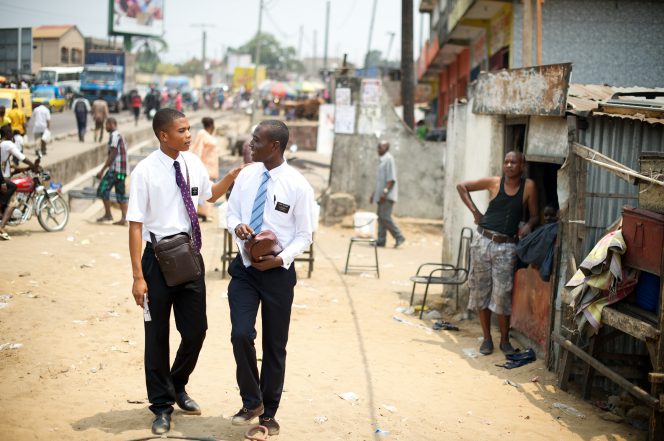
This is an older item, but one element of it has been on my mind since I first read it, and I still want to comment on it:
In the article, we’re told that the leader of the “more peaceful” Salt Lake City protest was one Deja Gaston, of something calling itself the “Party for Socialism and Liberation.”
Now, I have to admit that joining the words socialism and liberation together as coordinates if not synonyms strikes me as extraordinarily dubious. Let me be more specific, though: One of the ways of defining government — as opposed to non-government organizations, however powerful they may be — is that government possesses or at least claims a legal monopoly on force. Government has the legal power to compel and coerce. Judiciary, police, and military are the sine qua non of government.
So does it really make any sense for a protest against abuses of state coercive power to be led by an organization devoted to socialism, which (in any realistic sense of the term) entails a massive expansion of the state’s power to coerce? If police power tends to tyranny in a society such as ours, is it plausible to suppose that greatly augmented police power would be less tyrannical? Lord Acton’s dictum comes immediately to mind: “Power tends to corrupt, and absolute power corrupts absolutely.”
One also has to wonder precisely what currently fashionable calls to “defund” or “disband” the police actually entail. (The Minneapolis city council has actually just voted to do so.) It seems obvious that there is a need to defend the public safety, and that a government that has absolutely abdicated that responsibility is no government at all. So, whatever happens to police departments as presently constituted, that role will need to be played by some sort of organization.
***
I very much liked this item, from Salt Lake City’s Deseret News: “This man’s protest against the protest went viral”
One comment on it: When, on 1 June 2020, President Russell M. Nelson of the Church of Jesus Christ of Latter-day Saints shared a protest-related message on his social media accounts (“President Nelson Shares Social Post about Racism and Calls for Respect for Human Dignity: He reminds of the Creator’s call for each of us to abandon attitudes of prejudice against any group or individual”) his words were condemned in some circles. The complaint seemed to be that, by combining a denunciation of racism with a call to avoid violence, theft, and destruction, he had diluted his denunciation of racism. This revealed his “white privilege.” So, I ask, does a call to avoid violence, theft, and destruction also reveal “white privilege” when it comes from a Black Muslim man?
***
Chanting and banner-waving protests are fairly blunt instruments, even when they’re non-violent. (I once participated in a very small one decades ago, and I’m rather ashamed of having done so. It was intellectually dishonest; I was feigning an indignation that I didn’t really feel in order to score a partisan point.) There’s no nuance to them. But sometimes the issues they’re addressing are quite complex, and require nuance. They lend themselves to a simplistic, Manichaean, demonizing, pure-good-versus-pure-evil view that is very seldom justified. Still, at this emotional point in time, I’m proud of Mitt Romney for his gesture on Sunday. He made a statement that I’m very happy about:
And I’m wholly unsurprised by the characteristically graceless response from Mr. Donald J. Trump:
“Trump sarcastically cheers ‘what a guy’ Mitt Romney for joining George Floyd protest march”
***
I was absolutely delighted to see this morning’s joint statement from President Russell M. Nelson and the leadership of the NAACP:
I note, first of all, that this statement condemns both racism and violence, theft, and destruction. Yet I don’t think it would be plausible to describe it as an expression of “white privilege.”
This line, though, jumped out at me: “We . . . invite people of goodwill everywhere to look for ways to reach out and serve someone of a different background or race. Everyone can do something.”
This is a serious challenge, and I hope to take it seriously. It may be the only way that we can overcome the current divide in America.












